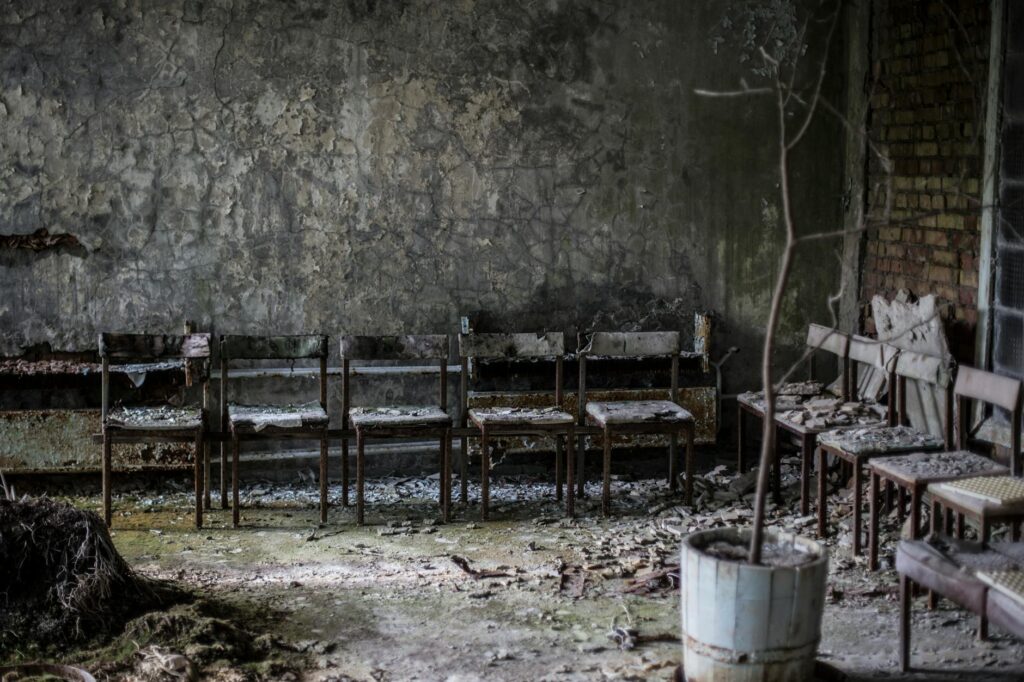Sizewell C’s Sticker Shock: How a £38bn Nuclear Dream Got So Complicated
You know that feeling when you order a coffee and the bill comes back twice what you expected? That’s basically what just happened with the UK’s Sizewell C nuclear plant—except instead of a few extra quid, we’re talking about an eye-watering £38 billion price tag. And honestly? Nobody saw this coming. Or at least, not this bad.
How We Got Here: From Clean Energy Hope to Budget Nightmare
Let me take you back to when this whole thing started. Back then, Sizewell C was supposed to be Britain’s shiny new solution—clean energy, thousands of jobs, and less reliance on unpredictable gas imports. The original estimate? Around £20bn. Not exactly pocket change, but manageable for something this important.
Fast forward to today, and the numbers have practically doubled. So what gives? Well, it’s a perfect storm of problems:
- Stuff just costs more now: Remember when a bag of cement didn’t cost an arm and a leg? Yeah, neither do construction companies. Everything from steel to specialized labor has skyrocketed.
- Too many cooks in the kitchen: Every new safety regulation, every legal challenge from environmental groups—they all add delays. And in construction, time literally is money.
- The funding rollercoaster: Private investors got cold feet (can you blame them?), so now taxpayers are on the hook for more than originally planned.
The Real Kicker? This Isn’t Even That Surprising
Here’s the thing—anyone who’s followed big infrastructure projects could’ve seen some of this coming. Take Hinkley Point C, Sizewell’s older sibling. That project’s costs ballooned too. Or look at France’s Flamanville reactor—same story, different country.
But here’s where it gets interesting. While nuclear plants keep getting more expensive, the cost of renewables like wind and solar keeps dropping. Makes you wonder, doesn’t it?
What People Are Saying (And Why They’re All Partly Right)
The experts are split, and honestly, they all make decent points:
- The pro-nuclear crowd: “We need reliable power that works when the wind isn’t blowing! Climate change won’t wait!”
- The renewables folks: “For £38bn, we could build enough solar farms to power half the country!”
- The locals: Some see jobs and investment. Others worry about safety and what happens to their beaches.
So… Now What?
That’s the million-pound question. Or rather, the £38 billion one. The government insists we need Sizewell C for energy security. There’s talk about smaller, modular reactors that might be cheaper—but that tech’s still unproven at scale.
Meanwhile, the clock’s ticking on climate targets, and every delay makes nuclear look less attractive compared to faster-to-build alternatives. It’s a proper mess, if we’re being honest.
The Bottom Line
Here’s how I see it: Sizewell C has become a test case for whether big nuclear projects still make sense in today’s world. The costs are staggering, but so are the stakes. One thing’s for sure—whatever decision gets made now, we’ll be living with the consequences (and paying the bills) for decades to come.
Makes that overpriced coffee seem pretty trivial, doesn’t it?
Source: Financial Times – Companies

